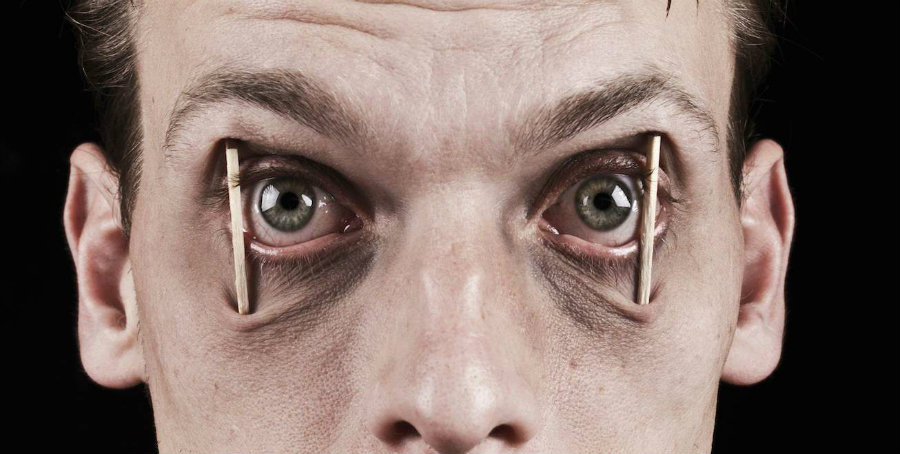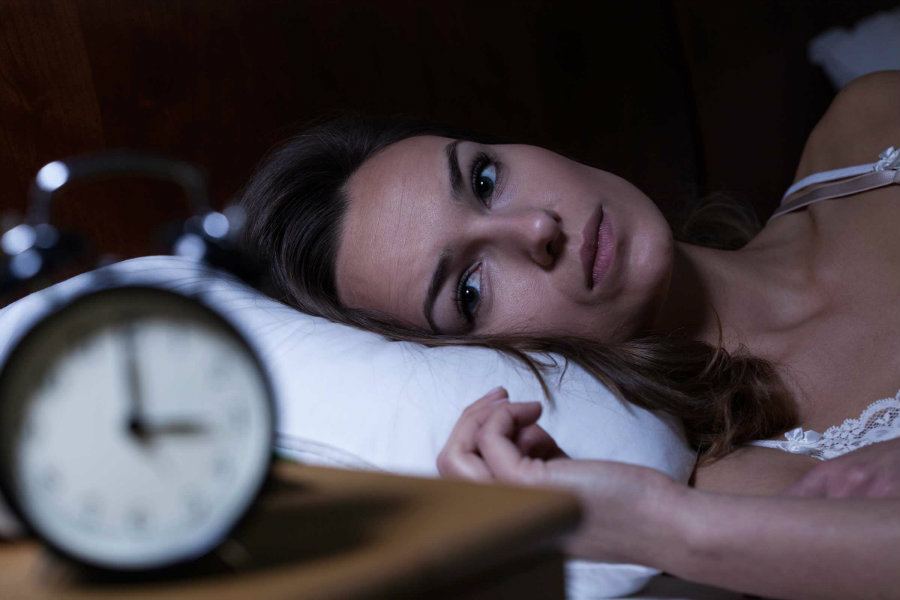A recent study performed by researchers at John Hopkins School of Medicine found that sleep deprivation makes the brain partially unable to form new memories.
The study was performed on mice, as they were subjected to tests of associative learning and memory. The results showed that the mice could not “solidify” the new associations made when they received an electric shock after waking up, compared to receiving it before sleeping, revealing how sleep was vital for the mice to take advantage of what they had learned.

Sleep helps us remember
According to lead author Graham Diering, Ph. D., the brain of mice, and most likely the human’s, can only “store so much information” before it needs to recalibrate. He argues that, without sleep and the recalibration that goes on without sleep, memories are likely to be forgotten.
Previous studies suggest that information is probably contained in the synaptic process of neurons. Neurons release neurotransmitters, and they are received by other cells in the network. The neurotransmitters are then received by special proteins, capable 0f passing the information to another cell. The process goes on until the information reaches its desired destination.

Now, researchers know that the presence of proteins in neurons is especially important for receiving the information in a sufficient manner. This also occurs when neurons are maxed out and are continuously transmitting information, which occurs throughout sleep/wake cycles. The process lowers their capacity to process information accurately.
The process had not been accurately assessed in living animals, whether they were asleep or awake. To study the phenomenon, researchers analyzed the neural response of mice and the regions responsible for learning and memory, which are the hippocampus and the cortex. Dr. Diering measured the neural reception proteins from both sleeping and awake mice and tested how neurons acted depending on the existing receptor protein levels.
Diering found a 20 percent reduction in protein levels in the neurons of sleeping mice, which translates to a weaker synapse, compared to the neurological process of awake mice.
The substances that make us feel sleepy
One of the proteins, known as Homer1a, was seen at a rate of 250 percent higher in the synaptic process of sleeping mice compared to awake mice. On the other hand, mice that were genetically manipulated to not produce Homer1a showed an overall decrease of neurological receptor proteins known to appear during sleep.
To ratify the finding, researchers used noradrenaline, which can quickly arouse the brain and “wake it up.” The manipulation of noradrenaline levels helped confirm that when the neurotransmitter is at a high concentration in the specimen, Homer1a was nowhere to be seen during the synaptic process. On the contrary, whenever noradrenaline was kept out of the equation, Homer1a accumulated on the synapses.

The team performed a field test to determine exactly how sleep influences Homer1a. They kept several mice awake for four extra hours by keeping them in an unfamiliar cage. Some of these mice were then allowed to sleep for two and a half hours. Results showed that Homer1a levels were significantly lower in the mice that were allowed to sleep, confirming that the protein is an indicator of an organism’s need to sleep.
Diering suggests that Homer1a is the mediator between noradrenaline and adenosine, the latter being the hormone responsible for sleepiness, whose receptors are directly attacked by caffeine.
Finally, researchers put the mice in an unfamiliar setting and were shocked with electricity as they woke up or just before sleeping. Some of the mice were drugged to prevent their brains from entering sleep mode so easily. Whenever a sober mouse was shocked before sleeping, the subject was inclined to remember the association between the unfamiliar setting and the shock. These mice froze in place for 25 percent of the time spent in said environment, as they expected to be shocked once again. After being switched to another environment, the mice remained in place for only 9 percent of their time.
For drugged mice, the result was different whenever they were shocked before sleeping. They froze in place for 40 percent of the time spent in the unfamiliar environment, leading researchers to believe that the neurological process of “scaling down” before going to sleep is characteristic of sleep activity. When placed in a different setting, the drugged mice remained in place for 13 percent of their time spent there.
Finally, when the shock was administered as the mice woke up, the drug made no difference regarding how long the mice froze in the setting. This allowed researchers to confirm that sleep is needed to make use of new memories and associations.
“The bottom line is that sleep is not really downtime for the brain. It has important work to do then, and we in the developed world are shortchanging ourselves by skimping on it,” added Richard Huganir, Ph.D. who participated in the study.
Source: EurekAlert
